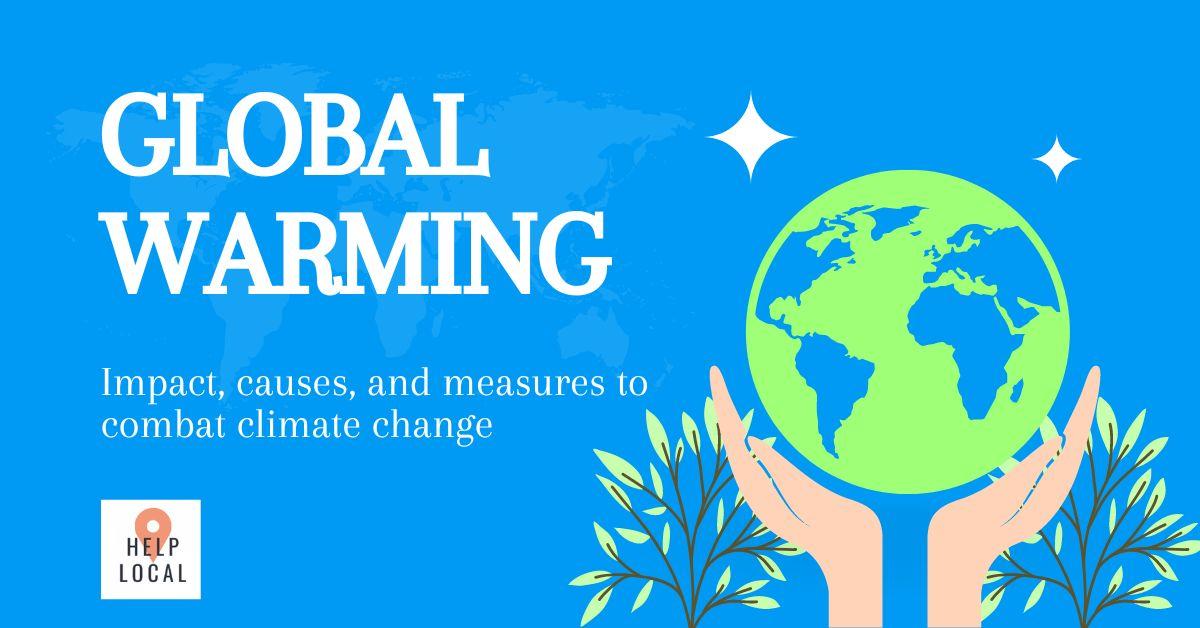One can see from space how the human race has changed the Earth. Nearly all of the available land has been cleared of forest and is now used for agriculture or urban development. The polar icecaps are shrinking and the desert areas are increasing. At night, the Earth is no longer dark, but large areas are lit up. All of this is evidence that human exploitation of the planet is reaching a critical limit. But human demands and expectations are ever-increasing. We cannot continue to pollute the atmosphere, poison the ocean and exhaust the land. There isn't any more available.
-Stephen Hawking
Global warming and climate change refer to an increase in average global temperatures. Natural events and human activities are believed to be contributing to an increase in average global temperatures. This is caused primarily by increases in greenhouse
gases such as Carbon Dioxide (CO2).
The term greenhouse is used in conjunction with the phenomenon known as the greenhouse effect.
- Energy from the sun drives the earth’s weather and climate, and heats the earth’s surface;
- In turn, the earth radiates energy back into space;
- Some atmospheric gases (water vapor, carbon dioxide, and other gases) trap some of the outgoing energy, retaining heat somewhat like the glass panels of a greenhouse;
- These gases are therefore known as greenhouse gases;
- The greenhouse effect is the rise in temperature on Earth as certain gases in the atmosphere trap energy.
Many of these greenhouse gases are actually life-enabling, for without them, heat would escape back into space and the Earth’s average temperature would be a lot colder.
However, if the greenhouse effect becomes stronger, then more heat gets trapped than needed, and the Earth might become less habitable for humans, plants and animals.
Increased greenhouse gases and the greenhouse effect has contributed to an overall warming of the Earth’s climate, leading to a global warming (even though some regions may experience cooling, or wetter weather, while the temperature of the planet on average would rise).With global warming on the increase and species’ habitats on the decrease, the chances for various ecosystems to adapt naturally are diminishing.Water expands when heated, and sea levels are expected to rise due to climate change. Rising sea levels will also result as the polar caps begin to melt.
Therefore, to prevent these we need to lessen the pollution. We must adopt such methods which does not affect the temperature of the earth.

